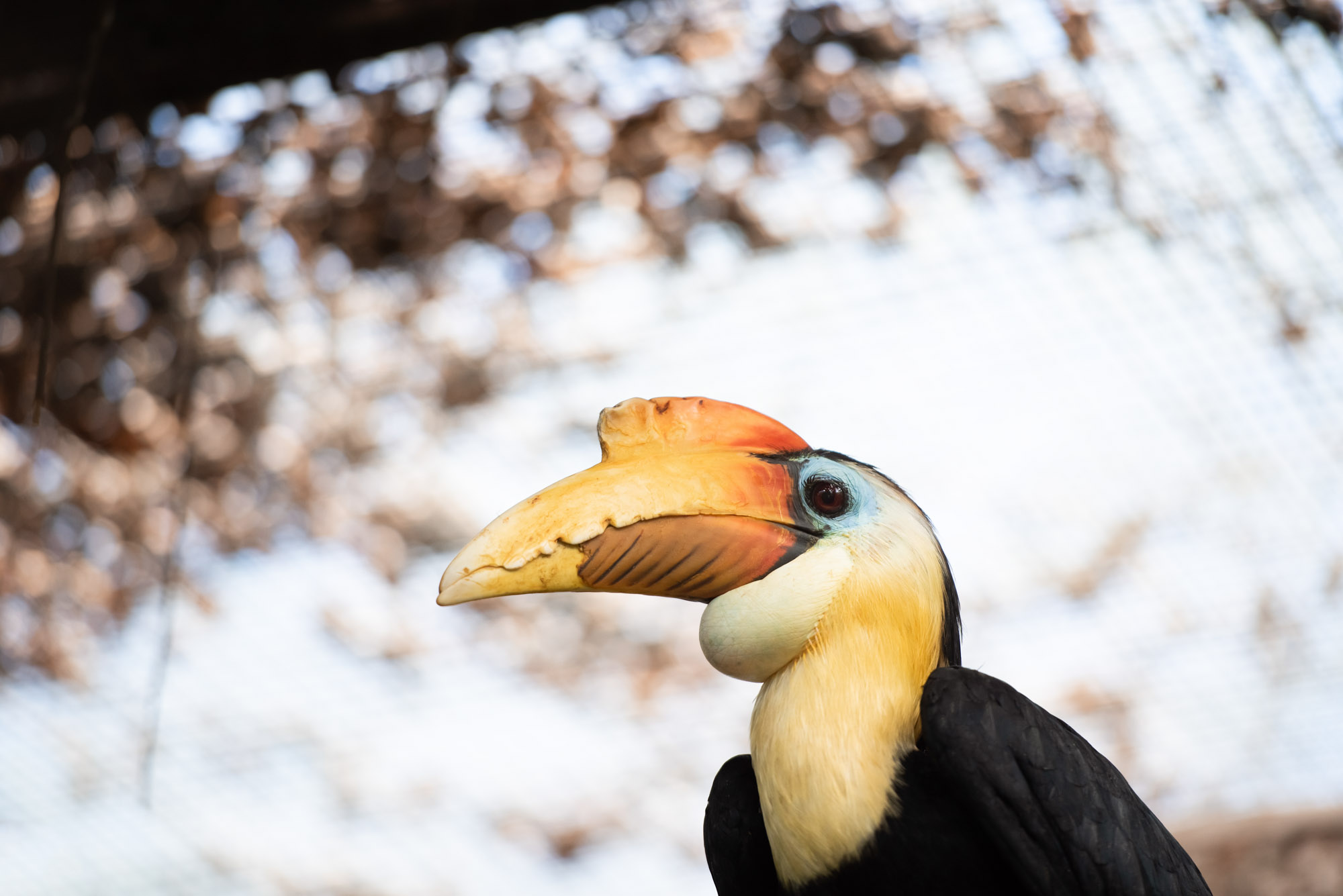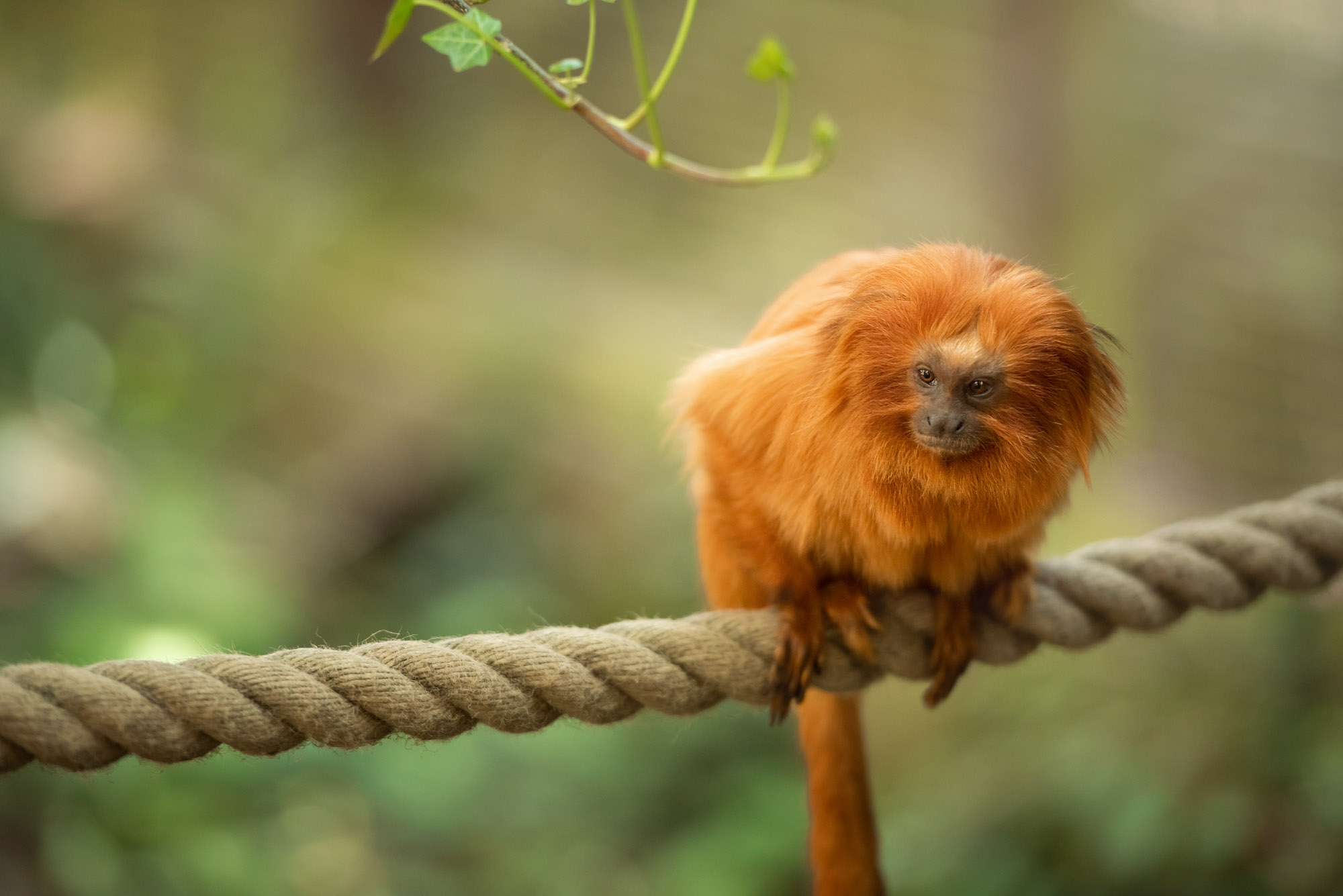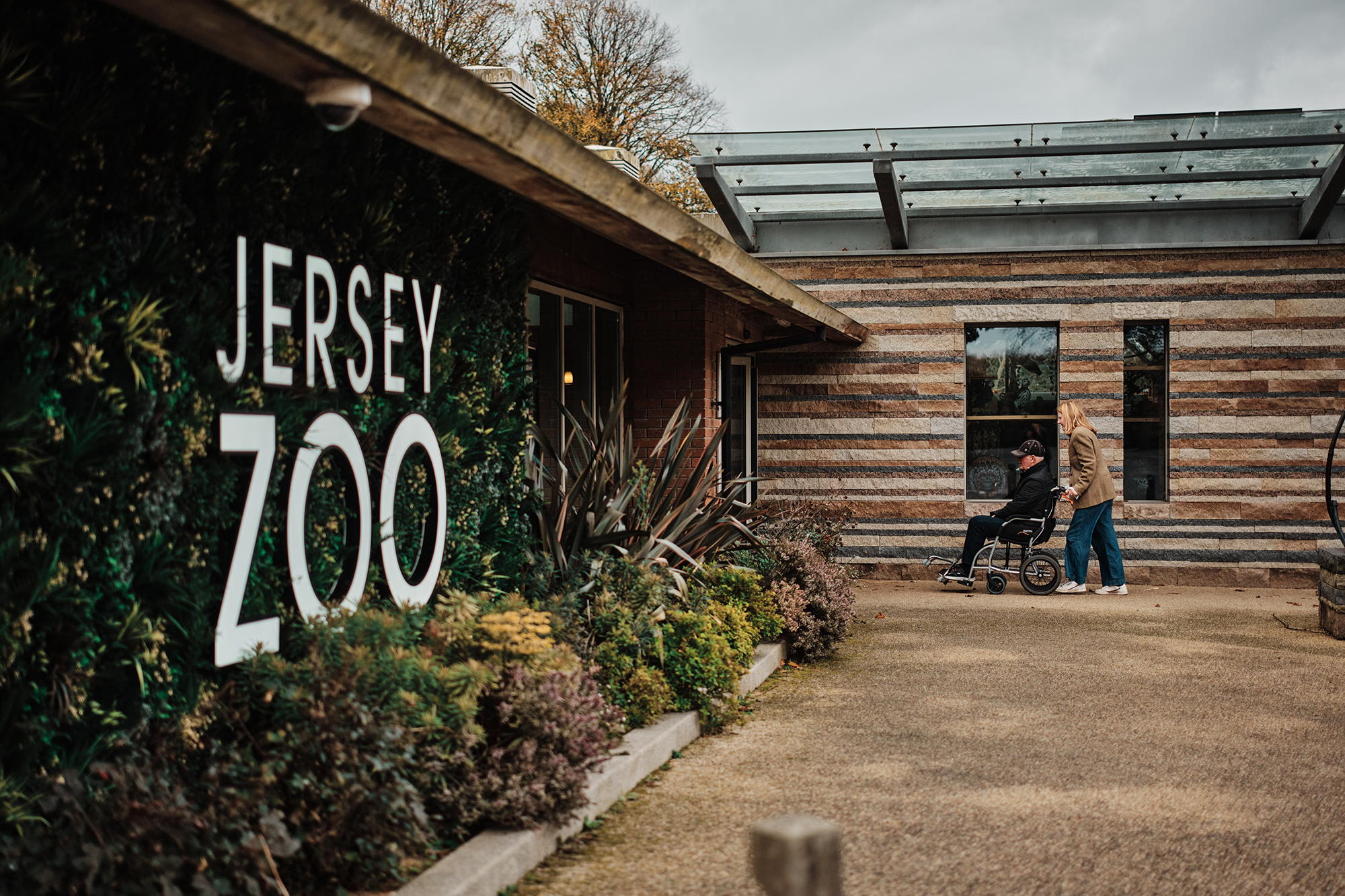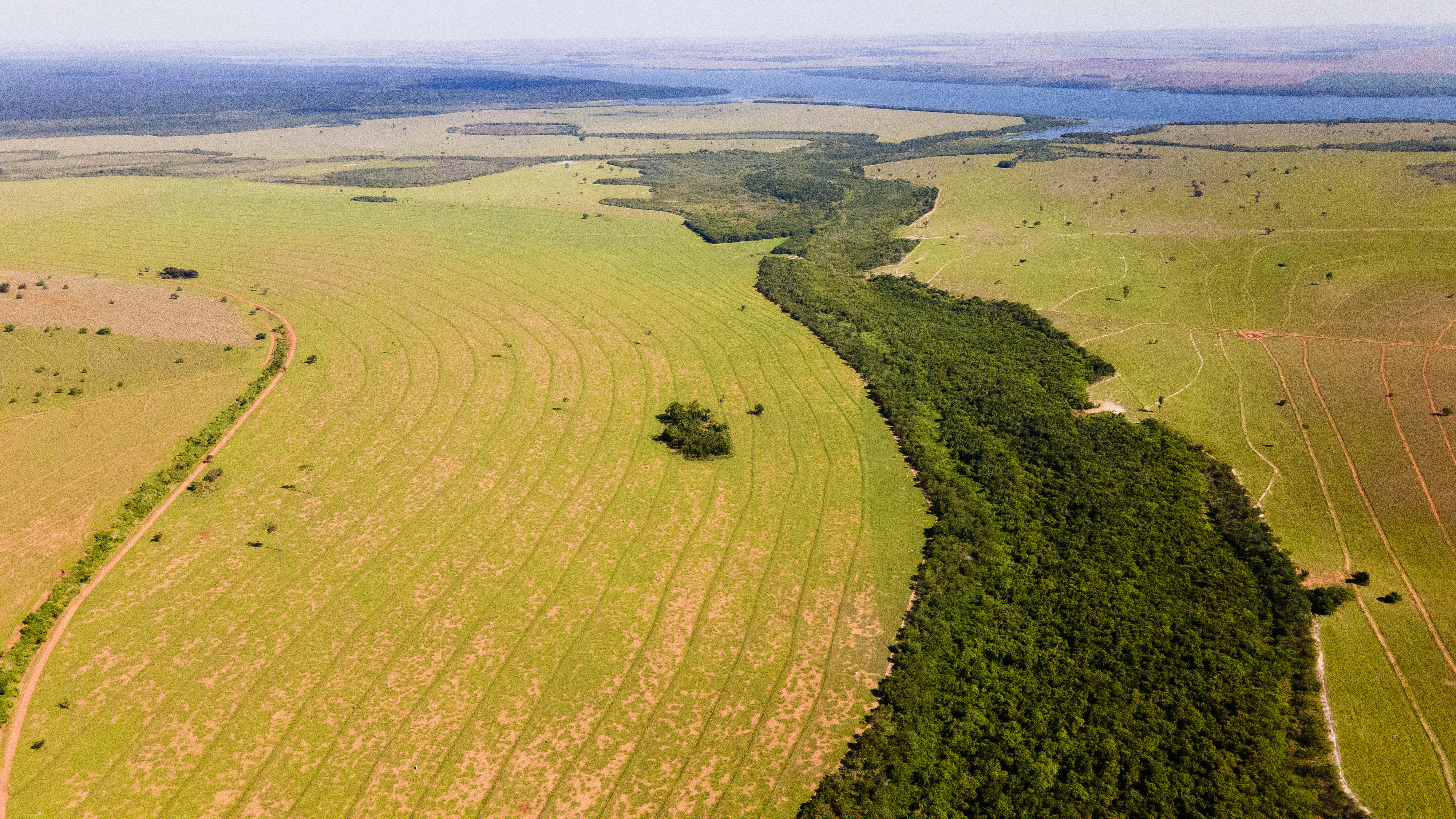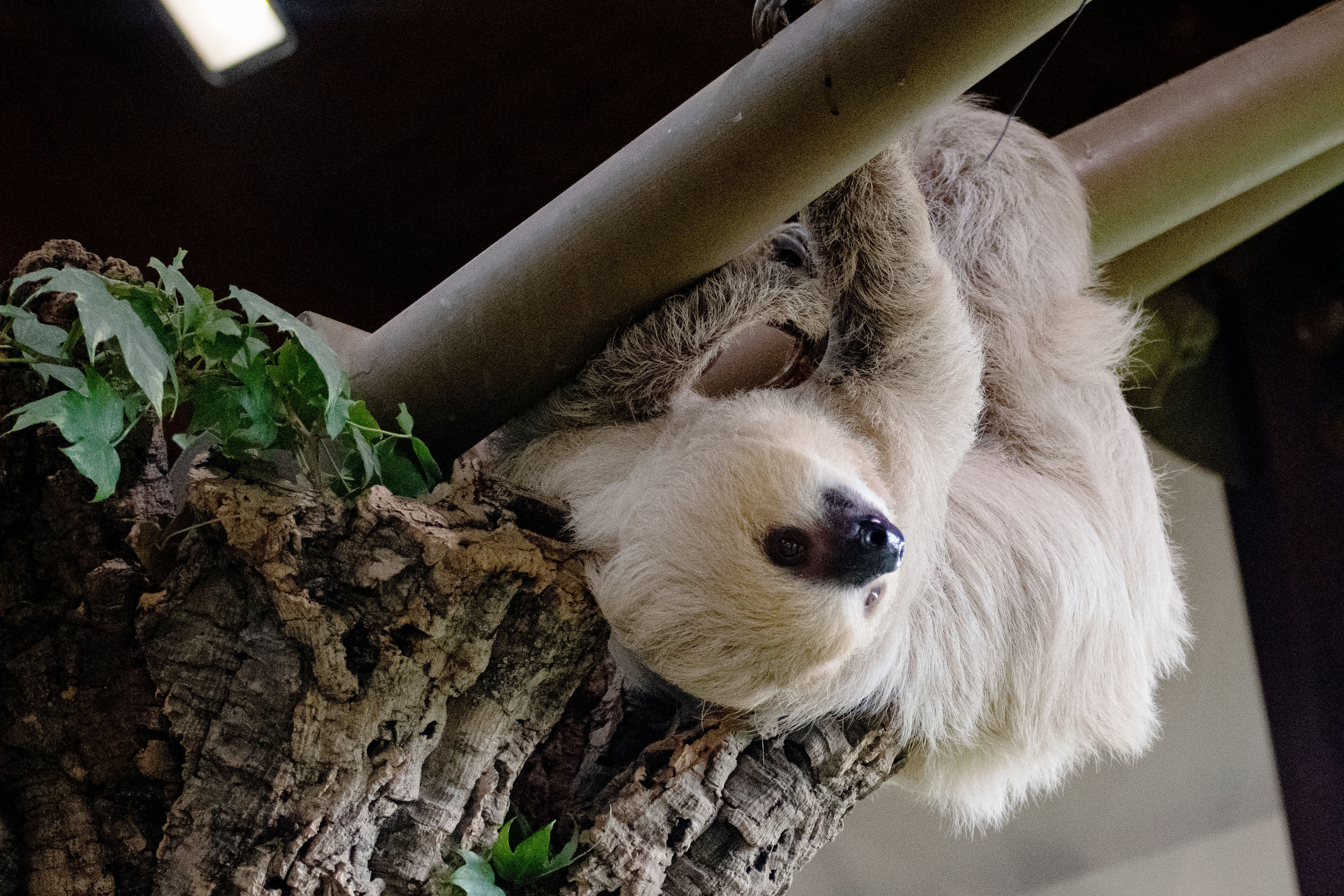First wild white storks to hatch in UK for hundreds of years
The White Stork Project is delighted to announce that wild storks at the Knepp Project in West Sussex have had chicks, which is thought to be the first time storks have successfully bred in the wild in the UK for hundreds of years.
In early April it was confirmed that there were five eggs in the nest, and in the following weeks, the birds were regularly observed taking great care to incubate the eggs. The nest is in a large oak tree, making viewing difficult but despite this, in the last week, Project Officer Lucy Groves watched as eggshell was removed from the nest and the parents were seen regurgitating food for the chicks to eat.
It is believed that the parents are the same pair that attempted to nest at Knepp last year when the eggs failed to hatch. The female is a ringed bird from the project, which came to Knepp in 2016 from Poland. The male, however, has no identifying ring, so this is likely to be one of the twenty or so vagrant storks that visit the UK each year.
This news is a hugely exciting development for The White Stork Project, a pioneering partnership of private landowners and nature conservation charities, which aims to restore a population of approximately 50 breeding pairs in southern England by 2030 through a phased release programme over five years.
Durrell Wildlife Conservation Trust coordinates the project and provides post-release monitoring expertise, as well as working with the local communities at the release sites. Lucy Groves, Project Officer for Durrell, commented: “After waiting 33 days for these eggs to hatch, it was extremely exciting to see signs that the first egg had hatched on 6th May. The parents have been working hard and are doing a fantastic job, especially after their failed attempt last year. It is incredible to have the UK's first white stork chicks to hatch in the wild for hundreds of years here at Knepp. These are early days for the chicks, and we will be monitoring them closely, but we have great hopes for them. This is just one step towards establishing this species in the South of England. It may be a small step, but it is an exciting one."
Lucy continued, "This stunning species has really captured people’s imagination, and it has been great following the sightings of birds from the project during the period of lockdown and hearing about the joy and hope they have brought to people.”
Isabella Tree, owner of the Knepp Estate, said, “There’s something so magical and charismatic about white storks when you see them wheeling around in the sky, and I love their association with rebirth and regeneration. They’re the perfect emblem for rewilding, a symbol of hope. It’s going to be amazing to have them back in the British countryside, bill-clattering on their nests in spring – perhaps even setting up nests on our rooftops like they do in Europe. When I hear that clattering sound now, coming from the tops of our oak trees where they’re currently nesting at Knepp, it feels like a sound from the Middle Ages has come back to life. We watch them walking through the long grass on their long legs, kicking up insects and deftly catching them in their long beaks as they go – there’s no other bird that does that in the UK. It’s walking back into a niche that has been empty for centuries.”
The team at Cotswold Wildlife Park are husbandry experts for this species. Jamie Craig, Curator of Cotswold Wildlife Park, commented, “It is a great achievement for this pair to be hatching chicks at just the second attempt as it is something that can take a few years to perfect for inexperienced birds. Stork chicks grow rapidly and require a large amount of food, and the restored habitat around the oaks at Knepp should provide the perfect hunting ground for the adults. Our colony is also busy with rearing, and we are optimistic that juveniles from the Park will be joining these trailblazing birds bred at Knepp later in the year.”
Alongside the Knepp Estate, Durrell Wildlife Conservation Trust and Cotswold Wildlife Park, other key partners include the Roy Dennis Wildlife Foundation for their reintroduction expertise.
Photo credits in order of appearance: M Green / L Groves / B Albrecht / C Burrell / R Greaves
In early April it was confirmed that there were five eggs in the nest, and in the following weeks, the birds were regularly observed taking great care to incubate the eggs. The nest is in a large oak tree, making viewing difficult but despite this, in the last week, Project Officer Lucy Groves watched as eggshell was removed from the nest and the parents were seen regurgitating food for the chicks to eat.
It is believed that the parents are the same pair that attempted to nest at Knepp last year when the eggs failed to hatch. The female is a ringed bird from the project, which came to Knepp in 2016 from Poland. The male, however, has no identifying ring, so this is likely to be one of the twenty or so vagrant storks that visit the UK each year.
This news is a hugely exciting development for The White Stork Project, a pioneering partnership of private landowners and nature conservation charities, which aims to restore a population of approximately 50 breeding pairs in southern England by 2030 through a phased release programme over five years.
Durrell Wildlife Conservation Trust coordinates the project and provides post-release monitoring expertise, as well as working with the local communities at the release sites. Lucy Groves, Project Officer for Durrell, commented: “After waiting 33 days for these eggs to hatch, it was extremely exciting to see signs that the first egg had hatched on 6th May. The parents have been working hard and are doing a fantastic job, especially after their failed attempt last year. It is incredible to have the UK's first white stork chicks to hatch in the wild for hundreds of years here at Knepp. These are early days for the chicks, and we will be monitoring them closely, but we have great hopes for them. This is just one step towards establishing this species in the South of England. It may be a small step, but it is an exciting one."
Lucy continued, "This stunning species has really captured people’s imagination, and it has been great following the sightings of birds from the project during the period of lockdown and hearing about the joy and hope they have brought to people.”
Isabella Tree, owner of the Knepp Estate, said, “There’s something so magical and charismatic about white storks when you see them wheeling around in the sky, and I love their association with rebirth and regeneration. They’re the perfect emblem for rewilding, a symbol of hope. It’s going to be amazing to have them back in the British countryside, bill-clattering on their nests in spring – perhaps even setting up nests on our rooftops like they do in Europe. When I hear that clattering sound now, coming from the tops of our oak trees where they’re currently nesting at Knepp, it feels like a sound from the Middle Ages has come back to life. We watch them walking through the long grass on their long legs, kicking up insects and deftly catching them in their long beaks as they go – there’s no other bird that does that in the UK. It’s walking back into a niche that has been empty for centuries.”
The team at Cotswold Wildlife Park are husbandry experts for this species. Jamie Craig, Curator of Cotswold Wildlife Park, commented, “It is a great achievement for this pair to be hatching chicks at just the second attempt as it is something that can take a few years to perfect for inexperienced birds. Stork chicks grow rapidly and require a large amount of food, and the restored habitat around the oaks at Knepp should provide the perfect hunting ground for the adults. Our colony is also busy with rearing, and we are optimistic that juveniles from the Park will be joining these trailblazing birds bred at Knepp later in the year.”
Alongside the Knepp Estate, Durrell Wildlife Conservation Trust and Cotswold Wildlife Park, other key partners include the Roy Dennis Wildlife Foundation for their reintroduction expertise.
Photo credits in order of appearance: M Green / L Groves / B Albrecht / C Burrell / R Greaves

